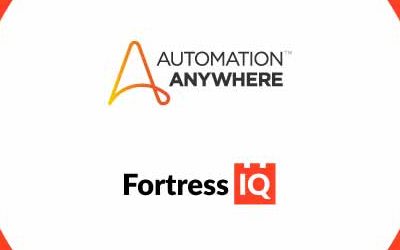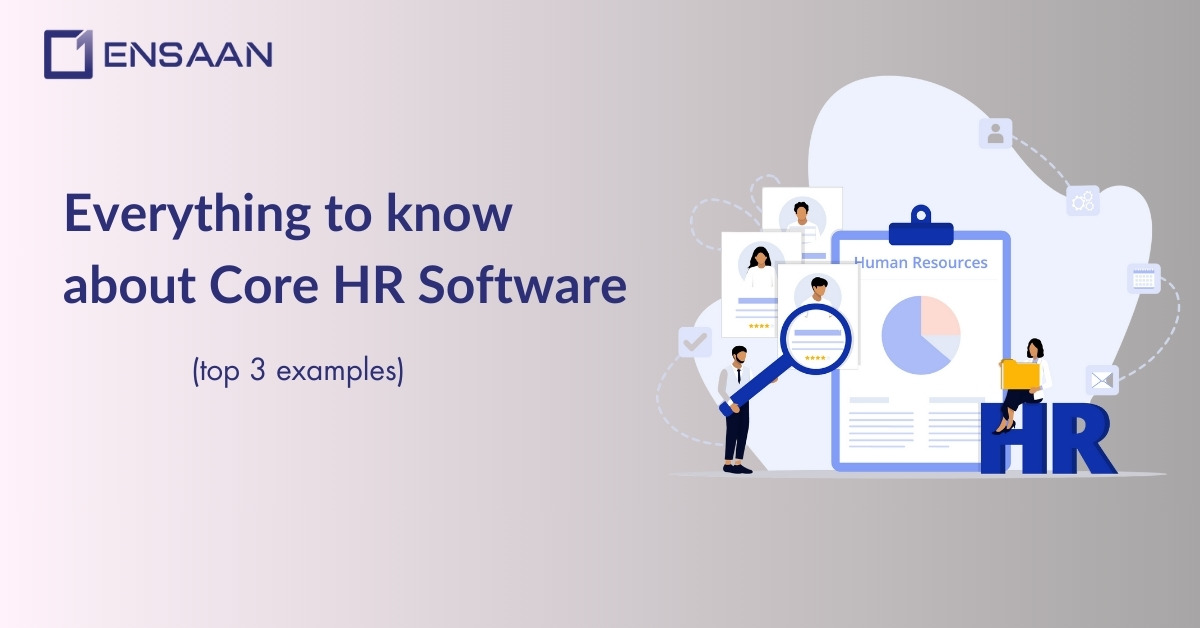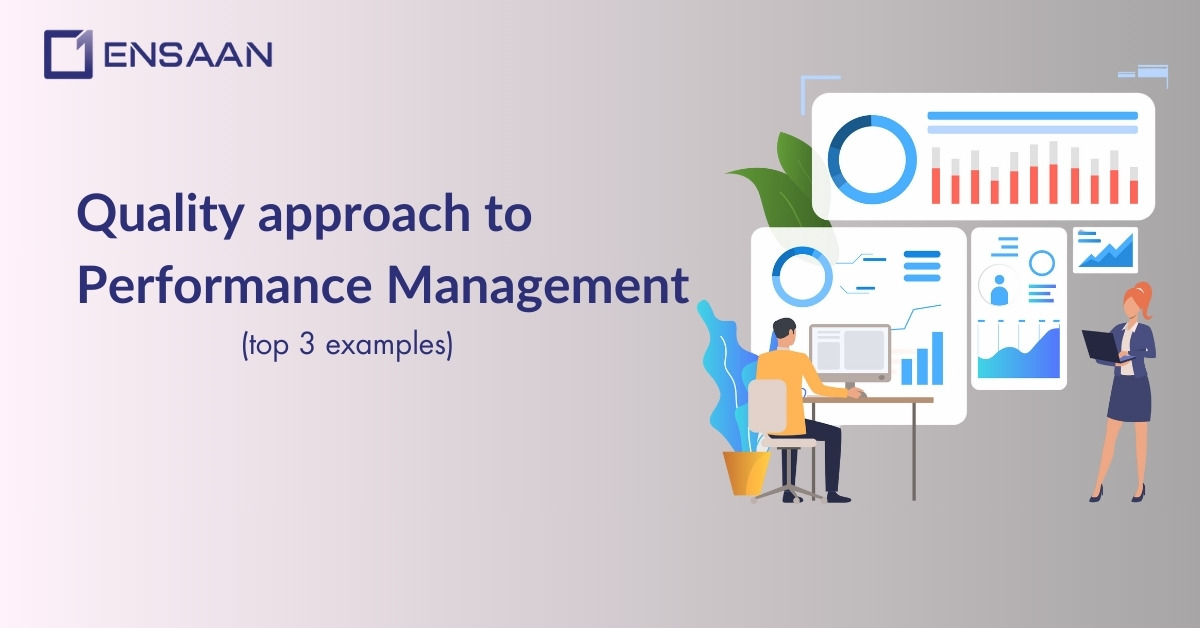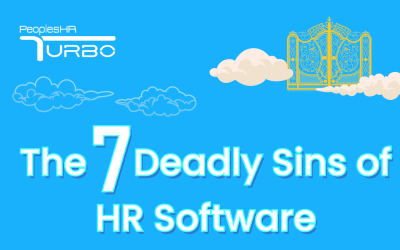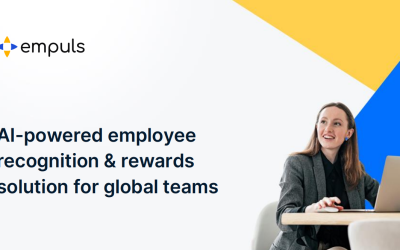The human resources management system, HRMS, was developed to streamline and automate various HR-related tasks. It is a well famed effective solution that enables businesses to increase their HR productivity and efficiency while giving essential insights into the workforce. What is the HRMS software’s return on investment, and how can it help your company?
Let us establish what ROI is first. Return on Investment, or ROI, is the percentage of an investment’s profit that exceeds its cost. The value and advantages that the software offers concerning the expense of deploying and maintaining it are what we mean as we discuss the ROI of employing HRMS software.
There are various ways to calculate the ROI of employing HRMS software, and they are listed below:
Time savings: Many HR operations, including payroll processing, benefits management, and time tracking, are automated by HRMS software, saving HR workers a lot of time. Then, the time is available for more strategic and advantageous activities like talent management and employee engagement.
Improved accuracy: With HRMS software, there is a considerably lower chance of mistakes occurring during HR procedures. For instance, automated payroll processing removes the possibility of human error when computing wages, which can save the business money by preventing mistakes and fines.
Compliance: Employer compliance with regulations and laws, including tax and labour legislation, can be ensured using HRMS software. An HRMS system can help you save money by preventing non-compliance, which could lead to expensive fines and legal bills.
Data analysis: Employee turnover, absenteeism, and performance indicators are just a few of the workforce-related data that HRMS software may offer. Making informed decisions on HR policies can be accomplished using this data to pinpoint areas that need improvement.
Improved employee experience: By offering portals for self-service for tasks like filing time off requests and updating personal information, HRMS software can enhance the employee experience. Employee satisfaction may rise, and HR employees may have less administrative work.
What is the ROI of employing HRMS software in reality, then? The answer will rely on your company’s particular requirements and objectives and the capabilities and features of the software you select. But after deploying HRMS software, several businesses claimed significant cost reductions and productivity benefits.
According to Deloitte research, businesses using HRMS software claim an average 28% decrease in HR staff, a 16% decrease in time utilised for HR administrative responsibilities, and a 10% decrease in HR costs. According to another Nucleus Research research, businesses that employ HRMS software might have an ROI of as much as 1500%.
In conclusion, many organisations may have a significant return on investment when implementing HRMS software. HRMS software may help businesses save time, cut costs, and make better HR choices by automating HR tasks, enhancing accuracy and compliance, offering valuable data analysis, and improving the employee experience. It’s crucial to properly assess your objectives and goals before selecting a software solution if you’re thinking about using HRMS software in your business.





